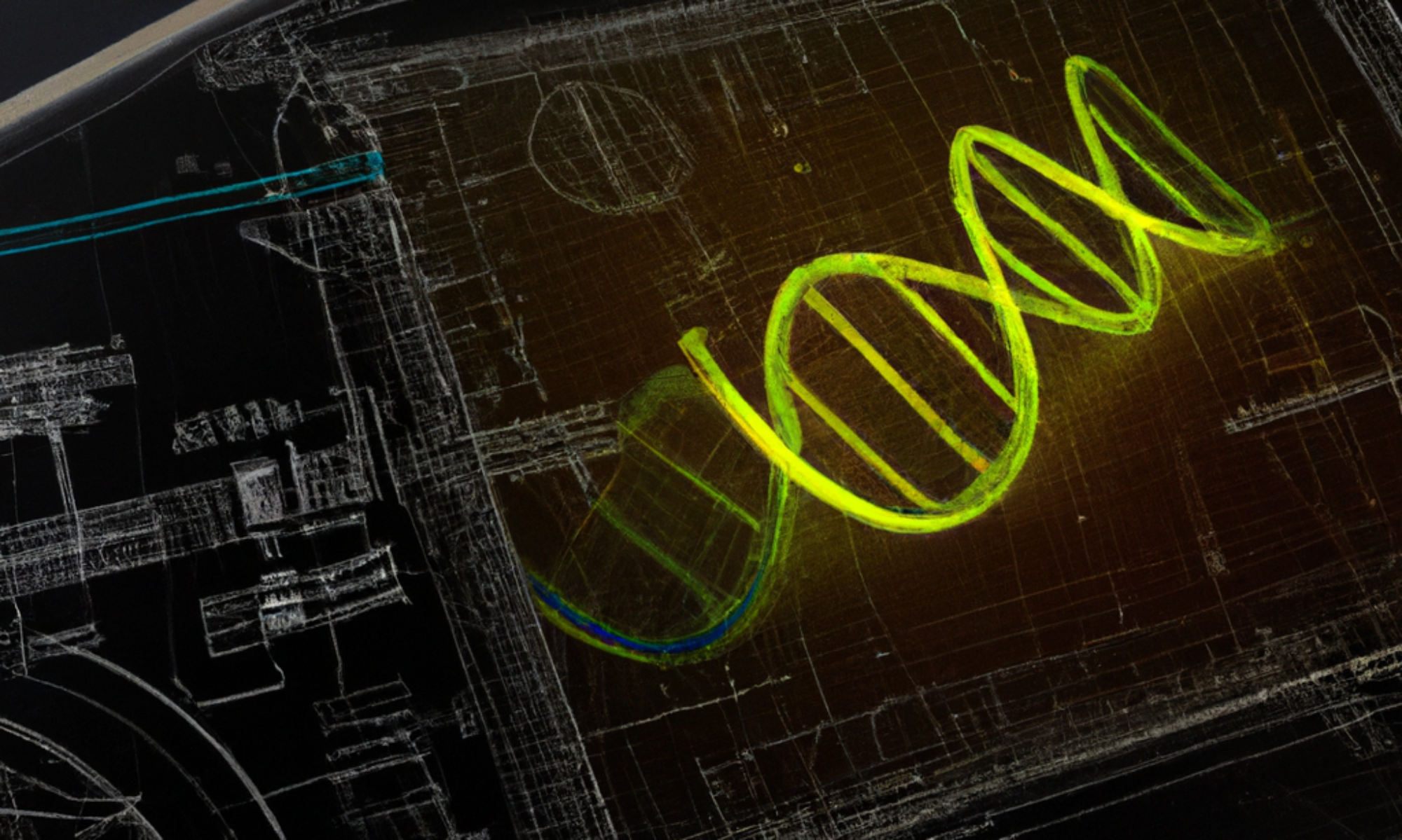The Synthetic Biology group is born from the common intention of a team of inspired Professors and Researchers to orchestrate the competences existing in our Department – also with the support of other groups and departments at University of Padova – into a core aimed to start a new research line in the multifaceted field of Synthetic Biology.
Being a science born to provide methods and instruments, exploiting the biological world as a technology, the spectrum of the possible application is immensely wide.
Projects and activities
- Primarily, in collaboration with the Department of Molecular medicine, we are studying novel approaches to unveil and tackle the problem of Antimicrobial Resistance (AMR) in ESKAPE bacteria, modeling their communication and interaction mechanisms and designing engineered probiotics to restore their susceptibility to antibiotics (see Cariparo – ReActing).
- Additionally, leveraging on the interplay existing between synthetic biology and metagenomics, we are also working on modeling bacterial communities evolution.
- We are also creating DIY bioreactors to enable educational projects in control strategies for biological processes like fermentations and continuous cultures.
- Other activities are related to the deciphering the parameters involved in the relationship between metabolic burden and bacterial growth rate
- Last but not least, we are supporting the Department of Molecular Medicine to unveil the mechanisms standing behind the onset of Alzheimer Disease via a mammalian synthetic biology approach.
Contact us if you are willing to contribute to our sight!
Synthetic biology
SynthBio is a multidisciplinary field of science that applies engineering principles to develop new biological parts, devices, and systems or to redesign existing living systems and organisms found in nature.
It is a branch of science that encompasses a broad range of methodologies from various disciplines, such as biotechnology, material science/engineering, genetic engineering, molecular biology, systems biology, biophysics, chemical and biological engineering, electrical and computer engineering and control engineering.
Synthetic biology includes the broad redefinition and expansion of biotechnology, with the ultimate goal of being able to design and build engineered living biological systems that process information, manipulate chemicals, and produce effects aimed to maintain and enhance human health, fabricate innovative bio-based materials and structures, and produce energy from scrap materials, as well as advance fundamental knowledge of biological systems and environment.
